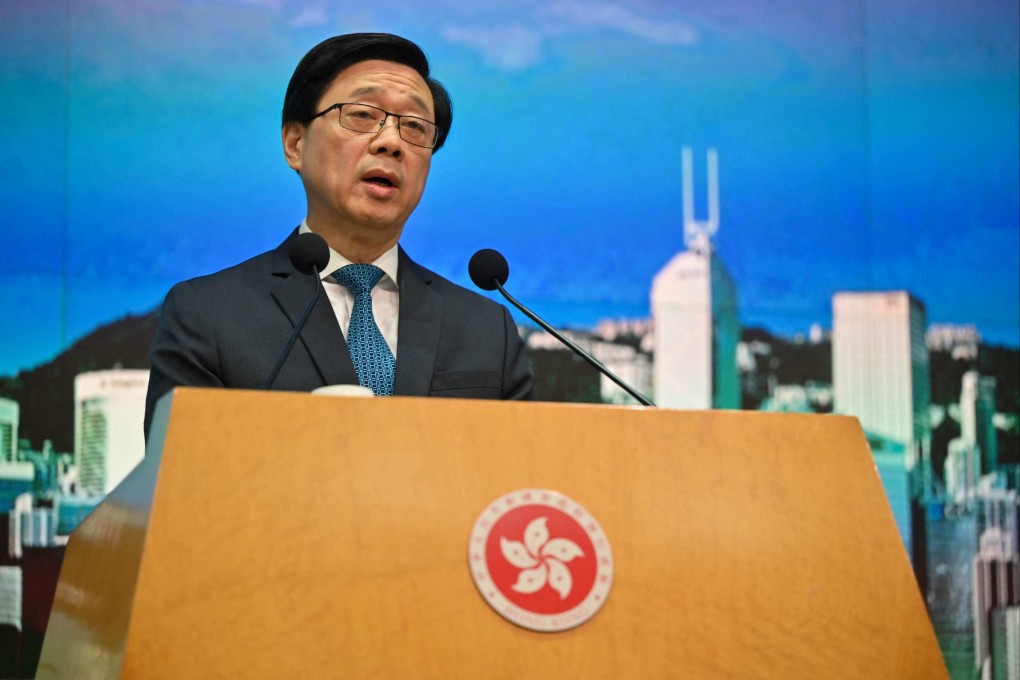Editorial | Hong Kong is under unfair attack from Europe and the US
- Criticism of city’s record on rights and human trafficking is politically motivated, as anyone who comes here for business or pleasure can see for themselves

Hong Kong has cemented its role as a financial hub by serving as a bridge between East and West. It has little to gain from involvement in political and economic conflict. Now the city finds itself in the crossfire between China and Western powers, under attack from the United States and Europe, in a reflection of politicisation of issues that has prompted Beijing to come to its defence.
European Union lawmakers last week supported a call for sanctions against Chief Executive John Lee Ka-chiu and other officials over the “deterioration of fundamental freedoms” in the city under the Beijing-imposed national security law. Beijing’s foreign affairs office in Hong Kong warned Western politicians against using the city for “publicity stunts” to “clamour” for sanctions. The vote may have been non-binding, but it was disappointing that it came amid debate about the effectiveness of sanctions as a coercive tool.
Separately the foreign affairs office also joined with the Hong Kong government in rebutting a US report criticising the city’s efforts to combat people trafficking. The annual trafficking in persons report issued by the US State Department rates countries in three tiers. Hong Kong remained in the middle tier, but was taken off a watch list in recognition of stepped up countermeasures, including an increase in investigations and prosecutions of traffickers and the identification of more victims. The report added, however, that “the [Hong Kong] government allowed employers and labour recruiters to charge recruitment fees to migrant workers, and it did not adequately enforce limits on such fees, passport retention, and other practices that increase trafficking risks”.
The US report also claimed the security law and “increased restrictions to freedom of expression”, made civil organisations more cautious in engaging with the authorities. Beijing accused Washington of using human rights as a “tool of stigmatisation”.
The Hong Kong government added that ignoring its efforts just because it adopted a multi-legislation approach to tackle trafficking called into question the credibility and objectivity of the US report.
It all adds up to a two-pronged broadside tainted with political overtones. Evidence of that is to be found in the harping criticism despite acknowledgement of concrete action against traffickers. Hong Kong is caught between politically motivated manoeuvres. The EU vote maintains the narrative that the city has got so many things wrong. It not only distracts and detracts from the rebuilding of the city’s economy but serves to further damage Hong Kong’s reputation. A fairer narrative of post-Covid Hong Kong’s vibrant resilience and adaptability will prevail through people who come here to do business, work, study, teach or just visit and see for themselves.
